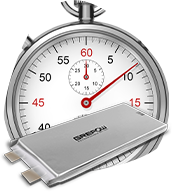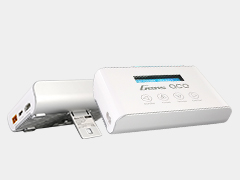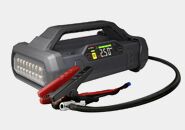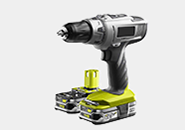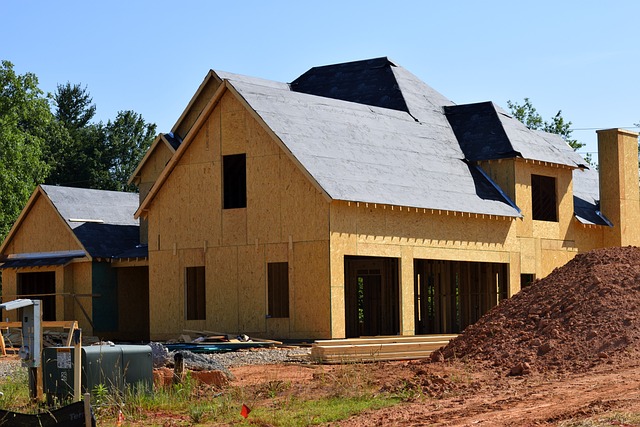
The first step to take before starting any project is finding out the basics. This, of course, follows for home improvement, as well. You wouldn’t want to install basement stairs or roofing improperly, after all. Make sure to read over these tips before you start any home improvement project.
When it comes to managing your home during the summer, use all of the fans that you can. They circulate air and make your home more comfortable. Fans are a cheaper alternative to air conditioning units so this will save on your electric costs.
It is often more manageable to approach home improvement one room or area at a time. Keep in mind that remodeling can be tackled room by room to preserve your budget. Do some advance planning when it comes to remodeling, and watch for sales and deals on construction and labor. This is a great way to put more money back in your pocket and improve your home at the same time.
If you should happen to find a leak beneath the sink or underneath the tap, it is best not to attempt a repair on your own. Simply catch any leaking water with a container large enough to hold any excess liquid for a period of time and contact a plumbing professional.
Fixing a faucet that leaks is a great project that anyone can do, even if they’re a novice at home improvements. If you can repair these quickly, you’ll save money by not wasting water. This can keep you within even a tight budget.
Having the right lighting in a room can make a huge difference. Having a room that’s well-lit with plenty of light can give a warm and inviting feeling. A second fixture will also brighten a room. When one brightens a dark room, the overall feeling of the house improves.
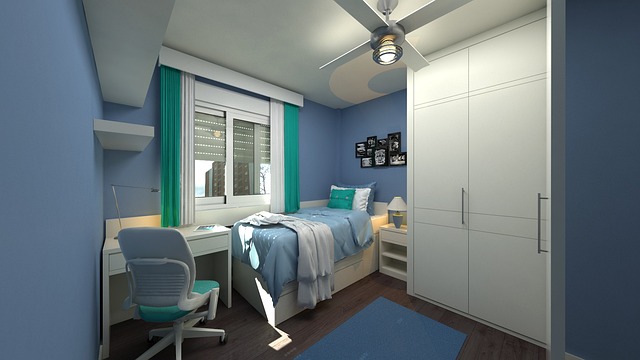
Your home’s value can be increased by as much as 10 percent if you have a well-made, clean front door. You can customize your door with new knobs or locks, which are fairly inexpensive. There are many options as far as finishes and shapes.
Building Supplies
Almost all building supplies that are used for home renovation projects are prone to theft. Keep all building supplies in a safe place when you’re not working on something. If your home is safe, meaning everything is locked and shut, you can store equipment inside. If you house is not complete, and impossible to lock, consider buying a lockable container.
Almost anyone can tackle at least some home-improvement projects. However, this doesn’t mean you should dive into any project without educating yourself first. Hopefully, the tips in this article will prove useful. Best of luck to you as you create a more enjoyable place to live!








